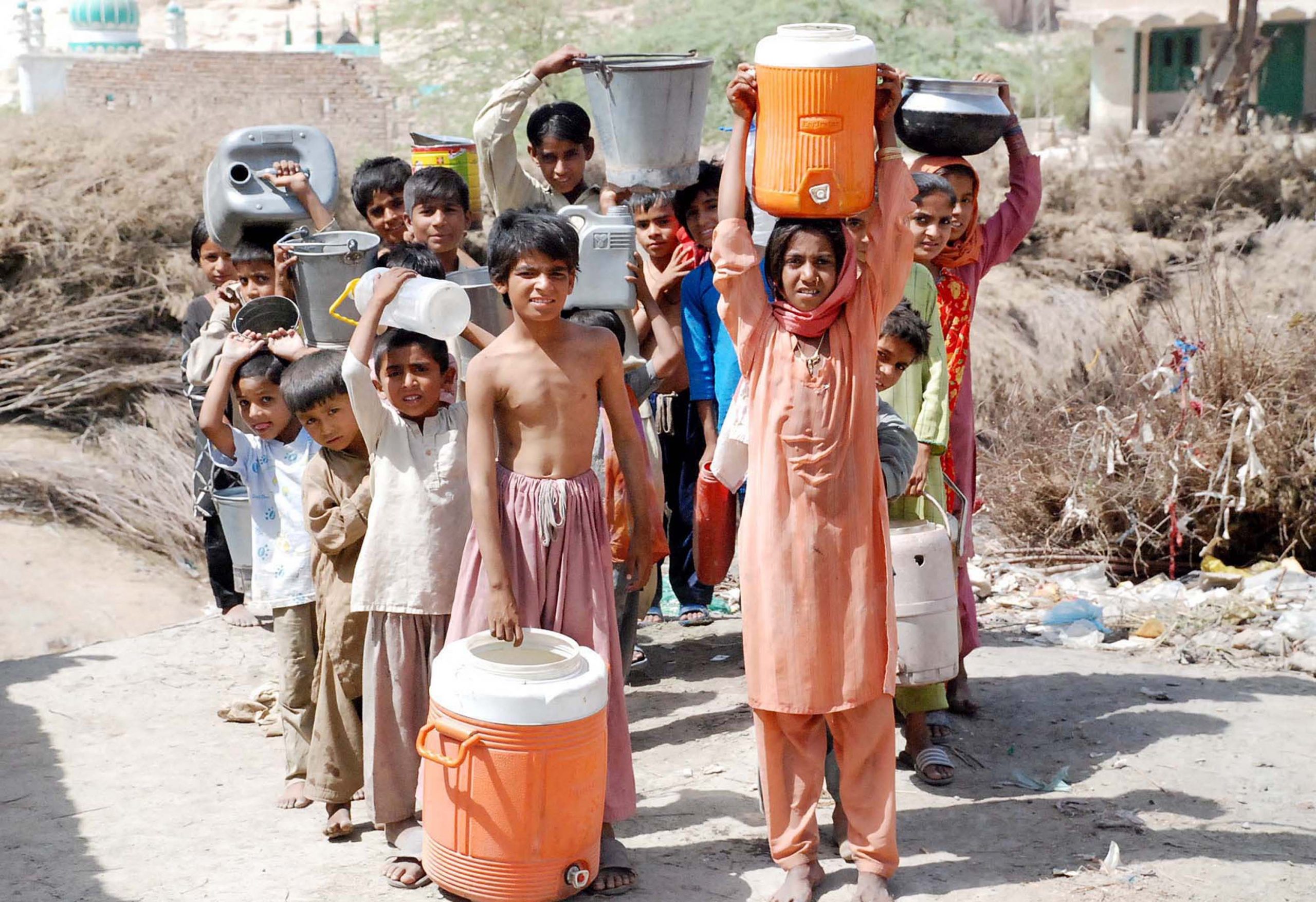Indonesia’s Criminal Code dates back to the era when the country was a Dutch colony. Updating the criminal code is long overdue.
But rights groups
fear that a controversial 2019 version of the draft law, in its current form, will put “democracy and human rights at risk.”
According to Human Rights Watch (HRW), the proposed new criminal code contains articles that will violate the rights of women, religious minorities, the LGBTQ+ community, as well as freedom of speech and association.
“It will be disastrous not only for women, and religious and gender minorities, but for all Indonesians,” Andreas Harsono, a researcher at HRW Indonesia, told
Al Jazeera.
In its statement on
July 7, HRW said the draft law can effectively censor the dissemination of information about contraception and criminalize some abortions, “thereby setting back women and girls’ rights under international law to make their own choices about having children.” HRW also said the bill can effectively make all same-sex conduct a criminal offense and expand the 1965 blasphemy law.
“Some of the new provisions could
drastically restrict the space for political debate,”
writes Eva Kusuma Sundari, a board member of ASEAN Parliamentarians for Human Rights. “One of the articles would make it punishable to “attack the honor and dignity of the President and the Vice-President.”
The Law and Human Rights Ministry
submitted the final draft revision of the criminal code to parliament on July 6. The government plans to pass the revised code, which has been under review for over two decades, before national Independence Day on August 17, reports HRW.
However, the government has shared little about the changes in the criminal code law. The committee tasked with drafting the changes in the law has done so “behind closed doors, without consulting civil society,” reports
The Diplomat.
The
Journalist Safety Committee, an association of 10 groups of journalists and rights activists, claimed that the government limited the public’s participation in drafting the bill. In June,
talks between an alliance of legal and civil liberties groups and the government to discuss the legislation broke down.


































































